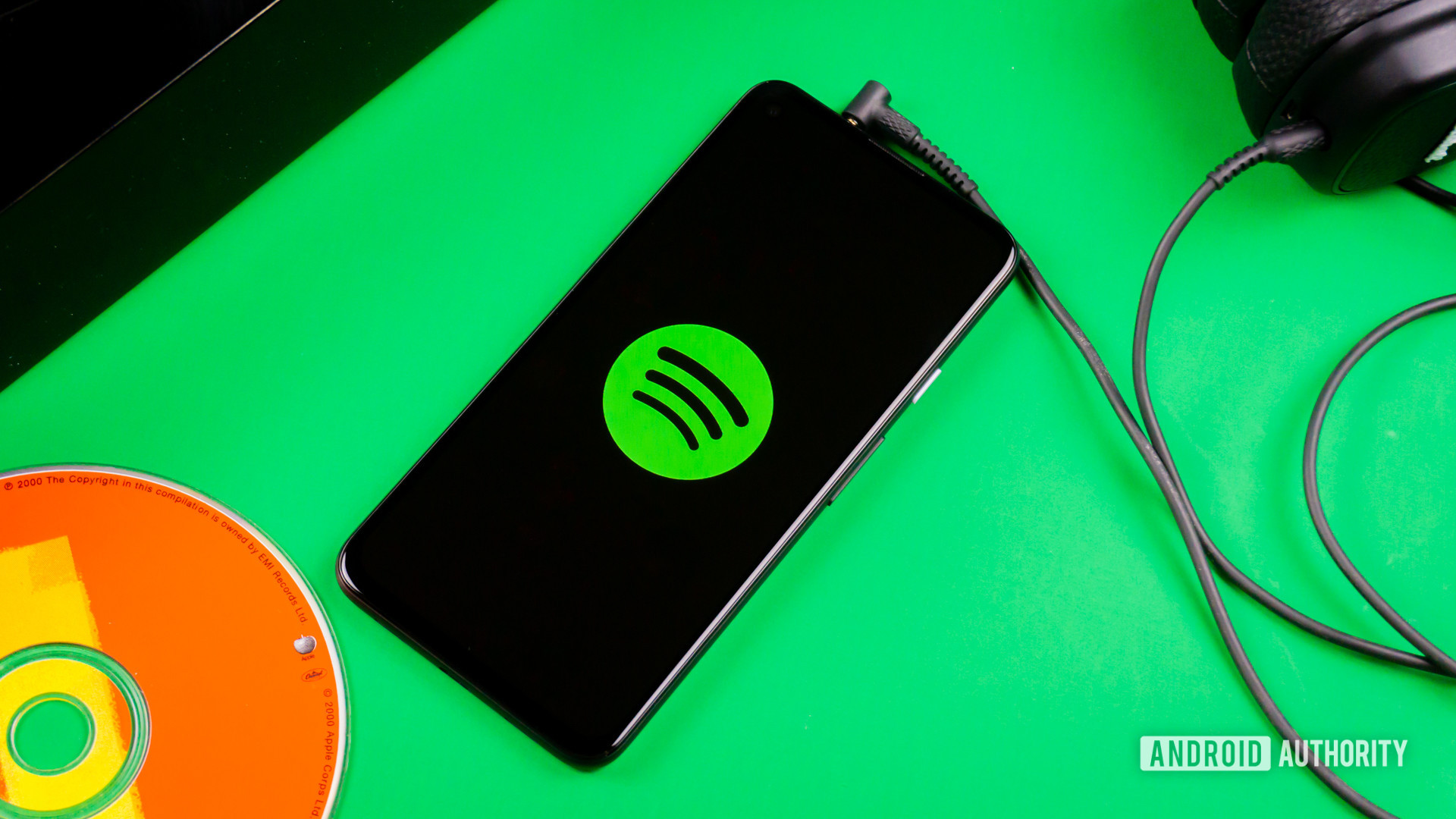
AA Update Team / Android Authority
TL;DR
- Spotify plans to pull its service out of Uruguay after the passing of a bill that would require “fair and equitable remuneration” for artists.
- The streaming platform states that “additional payments would make our business untenable.”
- If the bill isn’t changed, Spotify says it will begin phasing out the service on January 1, 2024.
Pay has been a sticking point between Spotify and artists for years now. A new bill in Uruguay aims to fix the problem, but Spotify is threatening to leave the country if the bill isn’t changed.
According to The Guardian, Uruguay’s government voted on a budget bill in October that included two articles related to streaming media. Article 284 says that social media and the internet are to be added “as formats for which, if a song is reproduced, the performer is entitled to financial remuneration.” While article 285 states that the “right to a fair and equitable remuneration” will be added to copyright law. By remuneration, these articles are referring to authors, composers, performers, directors, and screenwriters.
The streaming platform Spotify appears to have taken exception to the bill, demanding changes be made. Spotify reportedly made a statement on November 20, claiming that it would “begin to phase out its service in Uruguay effective 1 January 2024.” Not only is Spotify threatening to phase out its service in the country, but the company also plans to stop trading in Uruguay’s market in the following month.
In a statement obtained by Music Business Worldwide, Spotify claims that it “already pays nearly 70% of every dollar it generates from music to the record labels and publishers that own the rights for music, and represent and pay artists and songwriters.” The company wants Uruguay’s government to clarify if the responsibility of paying the extra costs falls on the rights holders or the streaming platforms. As such, Spotify argues that paying artists more would require them “to pay twice for the same music,” and that additional payments on its part would “make our business untenable.”
In short, Spotify is tacitly admitting that it would be unable to continue its current business if these rules go into effect. There’s no word yet on if Uruguay’s government will reconsider and adjust the articles.

